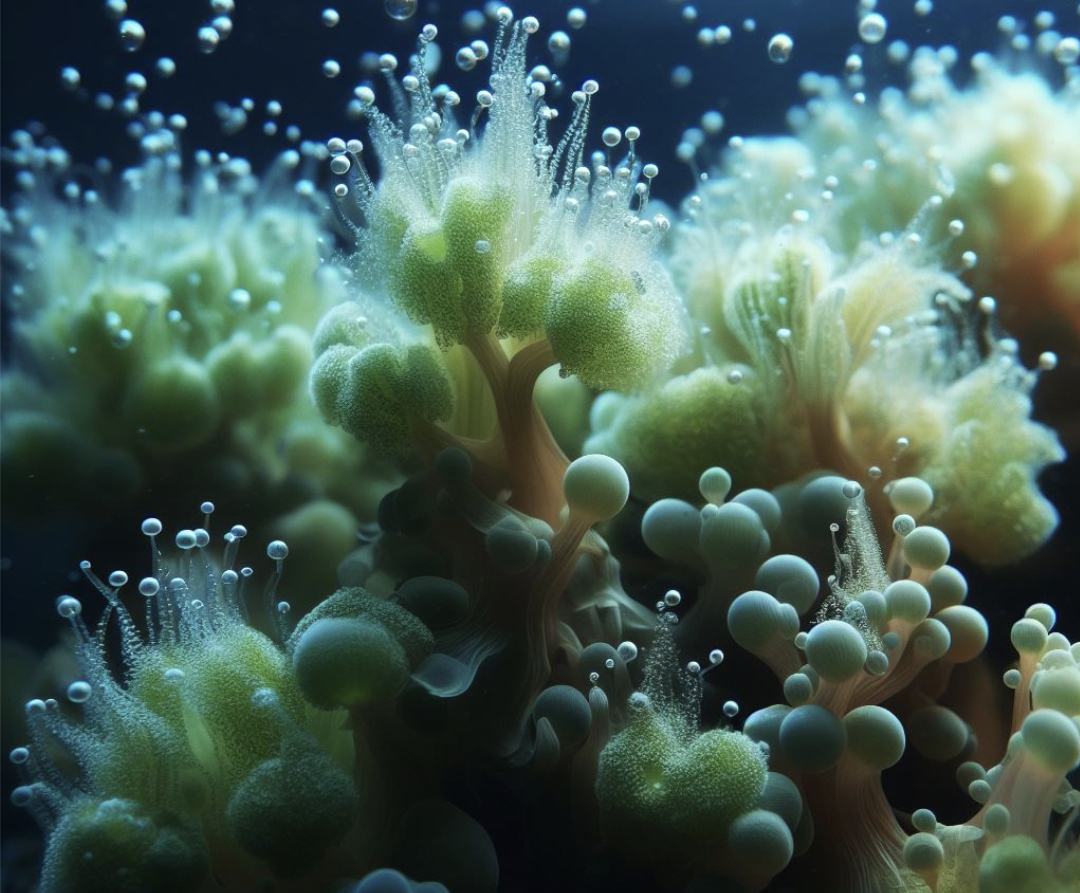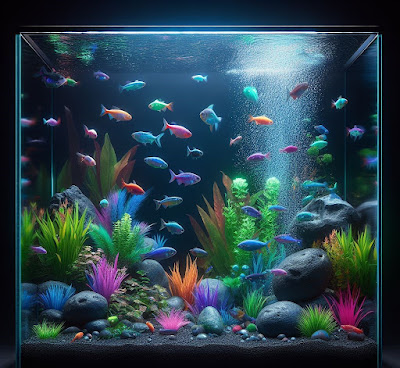Maintaining Aquarium Balance: Understanding the Nitrate and Nitrite Cycle
Aquariums are enchanting ecosystems that allow us to bring the beauty of aquatic life into our homes. However, keeping an aquarium thriving and healthy involves more than just adding water and fish. It requires a delicate balance of various chemical and biological processes. One of the fundamental aspects of maintaining this equilibrium is understanding the nitrate and nitrite cycle. In this article, we will delve into the significance of these cycles and how to manage them effectively to keep your aquarium inhabitants happy and healthy.
The Nitrate and Nitrite Cycle Explained
The nitrate and nitrite cycle, also known as the nitrogen cycle, is a crucial biological process in aquariums. It involves the transformation of waste produced by fish and decaying organic matter into less harmful substances. Here's how it works:
1. Ammonia Production:
When fish excrete waste or uneaten food decays, it releases ammonia (NH3) into the water. Ammonia is highly toxic to aquatic life and can lead to fish stress, illness, and death.
2. Nitrite Production:
Beneficial bacteria known as Nitrosomonas convert ammonia into nitrite (NO2-). Nitrite is still toxic to fish and can cause health issues if present in high concentrations.
3. Nitrate Production:
Another group of beneficial bacteria, Nitrobacter, further breaks down nitrite into nitrate (NO3-). Nitrate is relatively less toxic than ammonia and nitrite, but high nitrate levels can still be harmful to fish if not managed.
4. Nitrate Removal:
To maintain a healthy aquarium, you must periodically remove nitrate from the water through partial water changes, biological filtration, or the growth of nitrate-consuming plants like Anacharis and Hornwort.
The Importance of Balancing Nitrate and Nitrite Levels
Maintaining proper nitrate and nitrite levels in your aquarium is essential for several reasons:
1. Fish Health:
High levels of ammonia and nitrite can lead to fish stress, poor growth, and even fatalities. By ensuring these substances are efficiently converted to nitrate, you provide a healthier environment for your aquatic friends.
2. Algae Control:
Elevated nitrate levels can promote algae growth, leading to unsightly green water and other aesthetic issues. Maintaining low nitrate levels helps control algae blooms.
3. Overall Aquarium Stability:
A well-balanced nitrogen cycle contributes to the stability of your aquarium's ecosystem, reducing the likelihood of sudden water quality crashes.
Tips for Balancing Your Aquarium's Nitrate and Nitrite Levels
1. Monitor Water Parameters:
Regularly test your aquarium's water parameters, including ammonia, nitrite, and nitrate levels, using reliable test kits. This will help you identify any imbalances early on.
2. Avoid Overfeeding:
Overfeeding can contribute to excess ammonia production. Feed your fish in moderation, and remove uneaten food promptly.
3. Proper Filtration:
Use a high-quality biological filter to house beneficial bacteria that convert ammonia and nitrite. Ensure that your filter is adequately sized for your aquarium's volume.
4. Perform Regular Water Changes:
Regular water changes (typically 10-20% of the tank volume every 1-2 weeks) help dilute nitrate levels. Use dechlorinated water that matches the temperature and pH of your aquarium.
5. Aquatic Plants:
Incorporate live aquatic plants into your aquarium, as they can help absorb nitrate as a nutrient. Just be sure to maintain proper lighting and provide essential nutrients for the plants.
Maintaining a balanced aquarium is not only aesthetically pleasing but also crucial for the well-being of your aquatic inhabitants. Understanding and managing the nitrate and nitrite cycle is a fundamental aspect of aquarium care. By monitoring water parameters, avoiding overfeeding, using proper filtration, performing regular water changes, and incorporating aquatic plants, you can create a harmonious aquatic ecosystem that will delight both you and your aquatic friends for years to come.









.png)

.png)